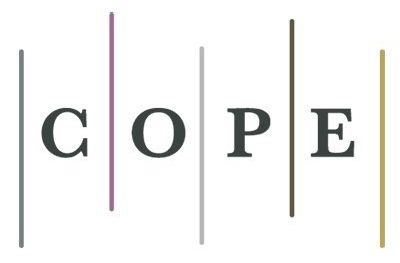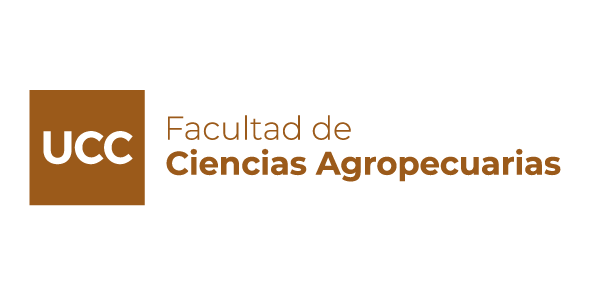Development of an inactivated vaccine against porcine exudative epidermitis using two adjuvants
DOI:
https://doi.org/10.22529/me.2023.8(5)04Keywords:
Staphylococcus hyicus, vaccines, ISPA, Al (OH)Abstract
Staphylococcus hyicus is the agent responsible for causing Epidermitis exudativa, a skin condition that
affects suckling and weaned piglets under 6 weeks of age. This pathology is characterized by generating
lesions with fatty exudation, desquamation and the formation of vesicles. Globally, it has a high incidence,
with a variability in morbidity from 20% to 100%, while mortality ranges between 50% and 75%.
In Argentina there is currently no vaccine available to prevent this disease, despite the fact that
immunization has been shown to be an effective strategy in the prevention of infectious processes in animals. Therefore, the central objective of this study was to develop two autogenous bacterins directed
against Staphylococcus hyicus. One of these bacterins was formulated using a conventional adjuvant
(aluminum hydroxide), while the other used the immunostimulating adjuvant (ISPA). The vaccine was used
to immunize pregnant sows, which were grouped according to the adjuvant used in immunization.
The clinical evaluation focused on determining the tolerance of the sows to the bacterins. The results of this
evaluation were successful, which marks an important step in the research and development of preventive
measures against Exudative epidermitis
Published
How to Cite
Issue
Section
License
Copyright (c) 2023 Methodo Investigación Aplicada a las Ciencias Biológicas

This work is licensed under a Creative Commons Attribution-NonCommercial-ShareAlike 4.0 International License.




















